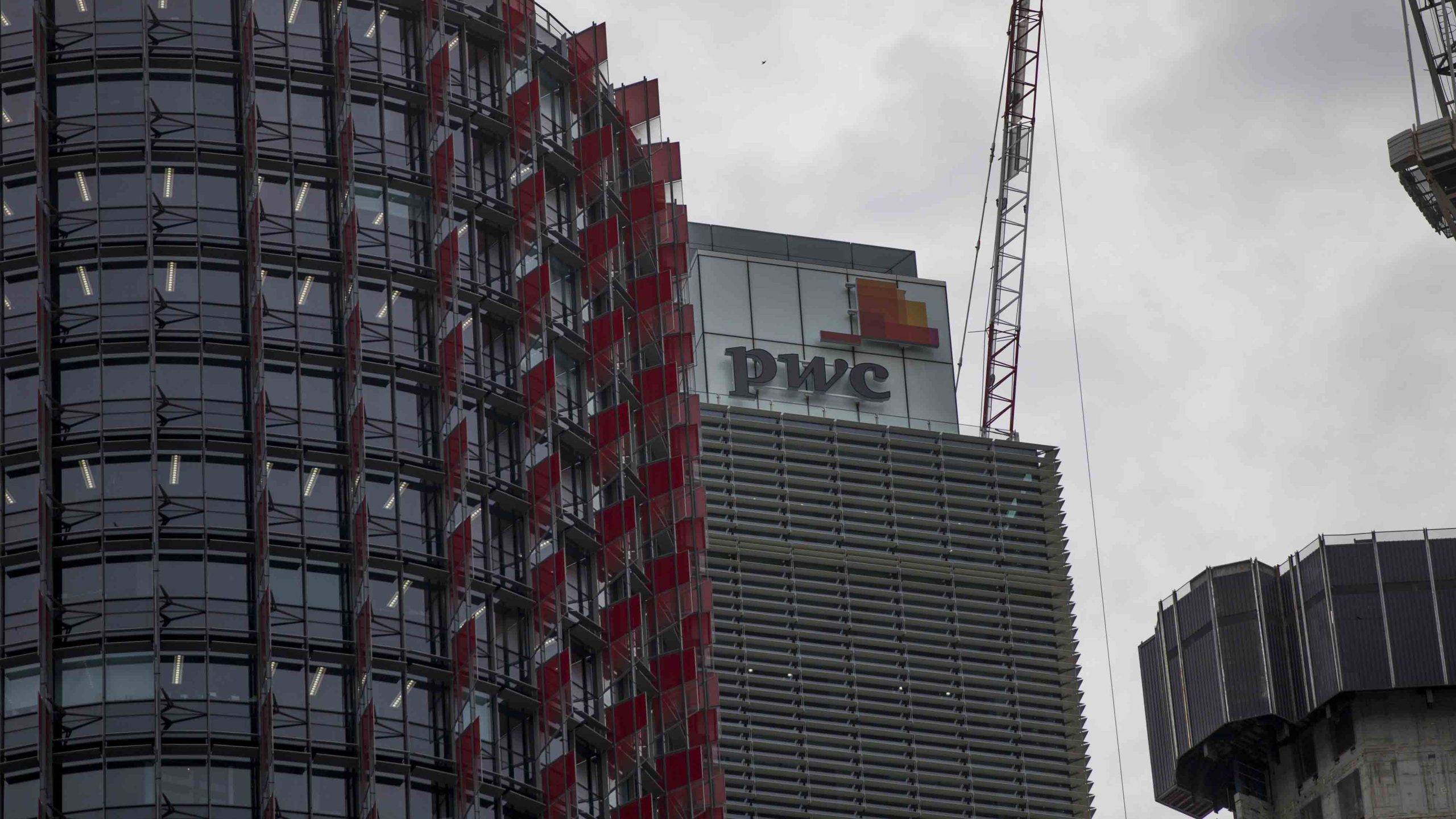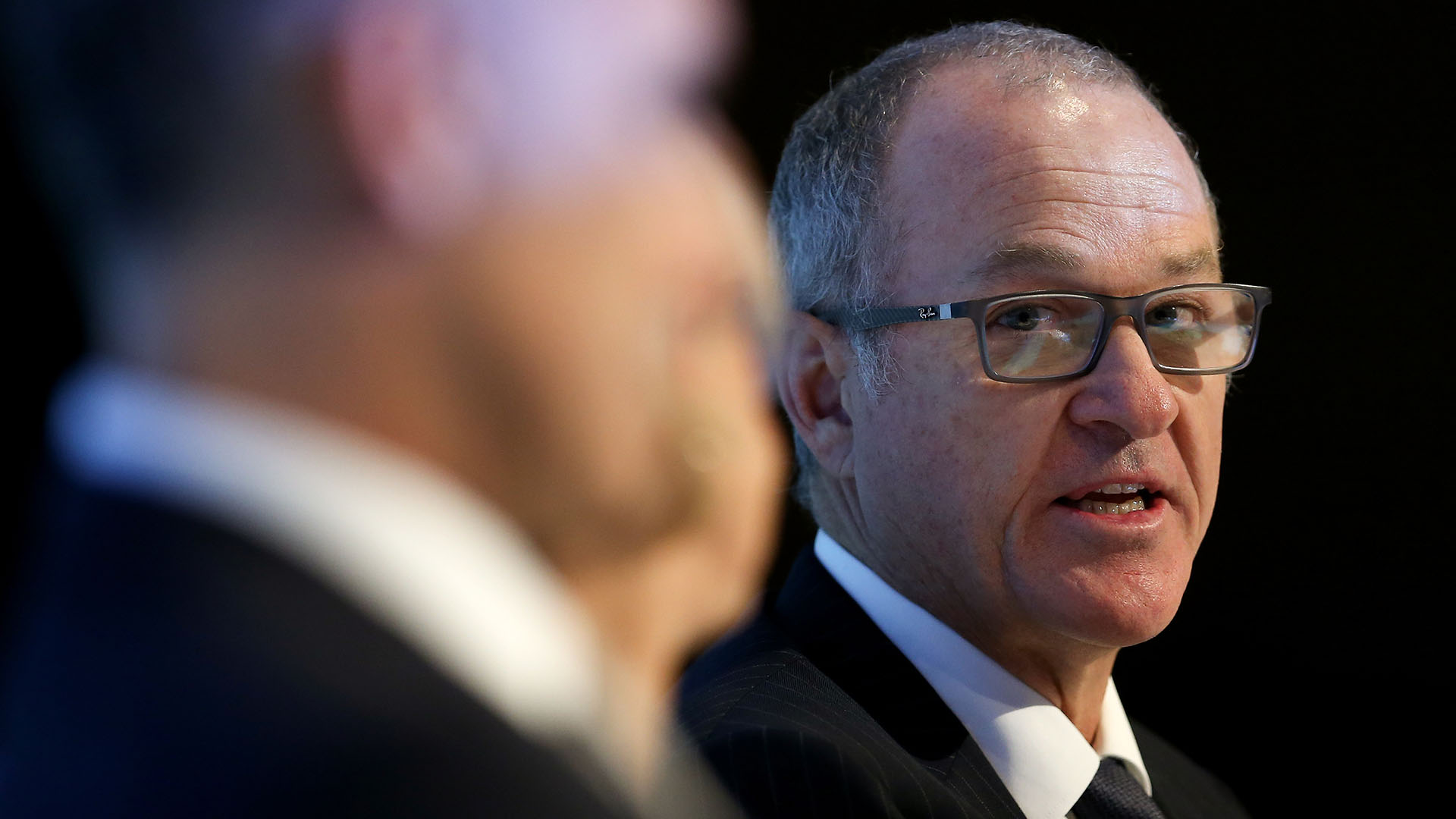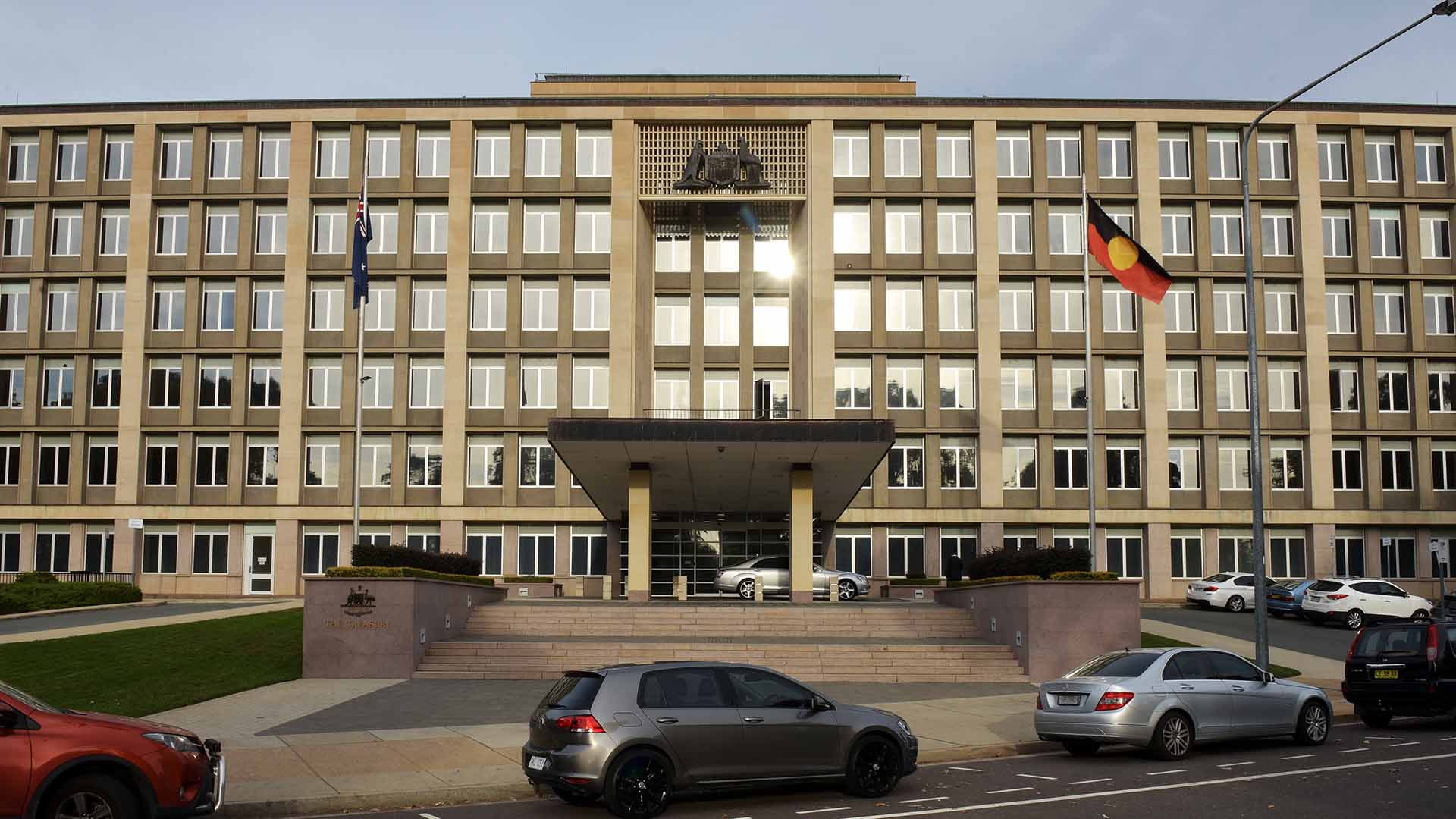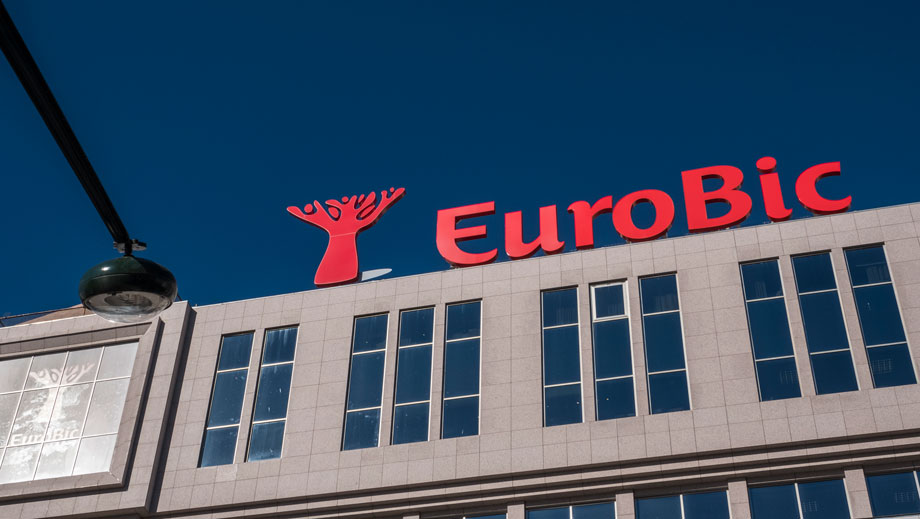TAX AVOIDANCE
US tech giants restructured to sidestep Australian tax law, following PwC advice
The PwC Australia tax leak scandal continues to grow amid revelations Uber and Facebook set up new company structures weeks before a new tax avoidance law was set to kick in.

Tech companies Uber and Facebook’s tax dodging schemes have been revealed as part of an unraveling scandal involving PwC Australia and its use of confidential government information, according to new reporting by the Australian Financial Review.
Following PwC advice, both Uber and Facebook reportedly established new company structures weeks before a multinational tax avoidance law came into effect in Australia at the beginning of 2016. According to AFR, the Australian Taxation Office was shocked at the speed with which companies were able to restructure to sidestep the new law.
It has since been confirmed that a senior PwC tax partner, Peter Collins, who had been privy to confidential information as part of an advisory position with the Australian government, had been leaking details of the new law to his PwC colleagues. Collins’s misconduct was exposed earlier this year, after Australia’s Tax Practitioners Board deregistered him last December. Since then, a series of revelations by ICIJ media partner AFR and in senate committee hearings have seen the scandal envelop numerous senior partners at PwC Australia, sending the audit firm’s global leadership scrambling to contain the reputational fallout.
While PwC Australia initially downplayed it as an isolated incident, in May the release of 144 pages of redacted internal PwC emails showed communication chains that implicated a number of senior partners. That discovery has raised questions about whether others were, like Collins, also sharing confidential tax information.
The emails suggested PwC was using the confidential advice as part of a plan to market its services to large multinational corporations that would be subject to Australia’s new tax avoidance laws, particularly U.S. tech companies. Apple, Google and Microsoft are believed to be among 23 U.S. tech firms that PwC Australia contacted hours after the law was announced; however PwC has said the companies would not necessarily have been aware that advice they were receiving was developed using leaked information.
The new Australian law was announced less than a year after ICIJ’s 2014 Luxembourg Leaks investigation used leaked PwC documents to show how major multinational companies, including Pepsi, Ikea, FedEx and more, were avoiding billions of dollars in taxes by routing money through the European Duchy of Luxembourg. Australian tax authorities were one of many official bodies that pledged action following the LuxLeaks revelations.
Recent reporting by AFR shows how, in December 2015, both Uber and Facebook set up new corporate structures that would help the companies avoid the new Australian law that would come into effect in January 2016. An Uber spokesman confirmed to AFR that the company received advice from PwC Australia, but said it had “no knowledge the advice from PwC may have been based on information that was improperly obtained.”
Facebook told AFR that it engaged Australia’s tax office early over its arrangements and that it was “surprised to learn of PwC’s alleged conduct.”
Both companies appeared to have settled disputes with the tax office by 2017, according to AFR.
Last week, reporting by Reuters appeared to confirm that Google also received confidential information about the anti-avoidance law from PwC. A Google spokesperson said in a statement that PwC’s “disappointing” actions “had no bearing on our compliance” with the Australian laws.
A PwC Australia spokesperson said the company’s clients were not involved in any wrongdoing and no confidential information was used to enable clients to pay less tax.
PwC tax leaks fallout
Since May, a number of veteran PwC Australia partners, including CEO Tom Seymour, have been removed from their roles over the tax leaks affair. The global PwC Network seized control of the situation in June, installing a new CEO and publicly berating the previous PwC Australia leadership for failing to “uphold the Network’s professional standards and values.”
“Its past actions are not representative of the work and behaviours of PwC around the world and I am deeply sorry to our clients, our broader stakeholders and our people,” PwC global chairman Bob Moritz said in a statement.
The audit firm has also now sold its lucrative Australian government consulting arm — which, prior to the scandal, held hundreds of millions of dollars worth of federal government contracts — for just AU$1 ($0.66) to investment firm Allegro Funds.
Meanwhile, multiple government and official inquiries have been launched as a result of the tax leaks, including an Australian Federal Police investigation, a further review by the Tax Practitioners Board, and state and federal parliamentary inquiries into the role of consultants and the partnership model of the big four consulting firms.
PwC Australia has only belatedly reported details of the scandal to a U.S. regulator, the Public Company Accounting Oversight Board. Business expert James Guthrie told AFR there’s a risk the scandal could taint the firm’s U.S. partners as well.
“This a big deal because it’ll have an effect upon the reputation of PwC in the U.S.,” Guthrie said.


